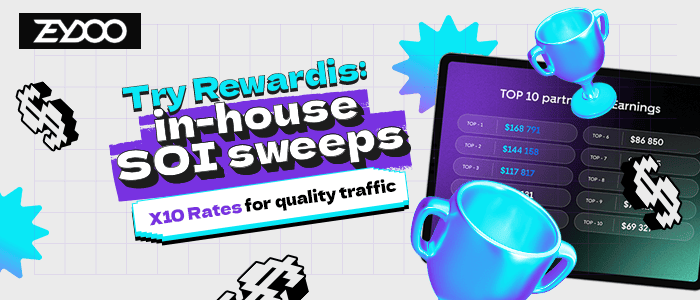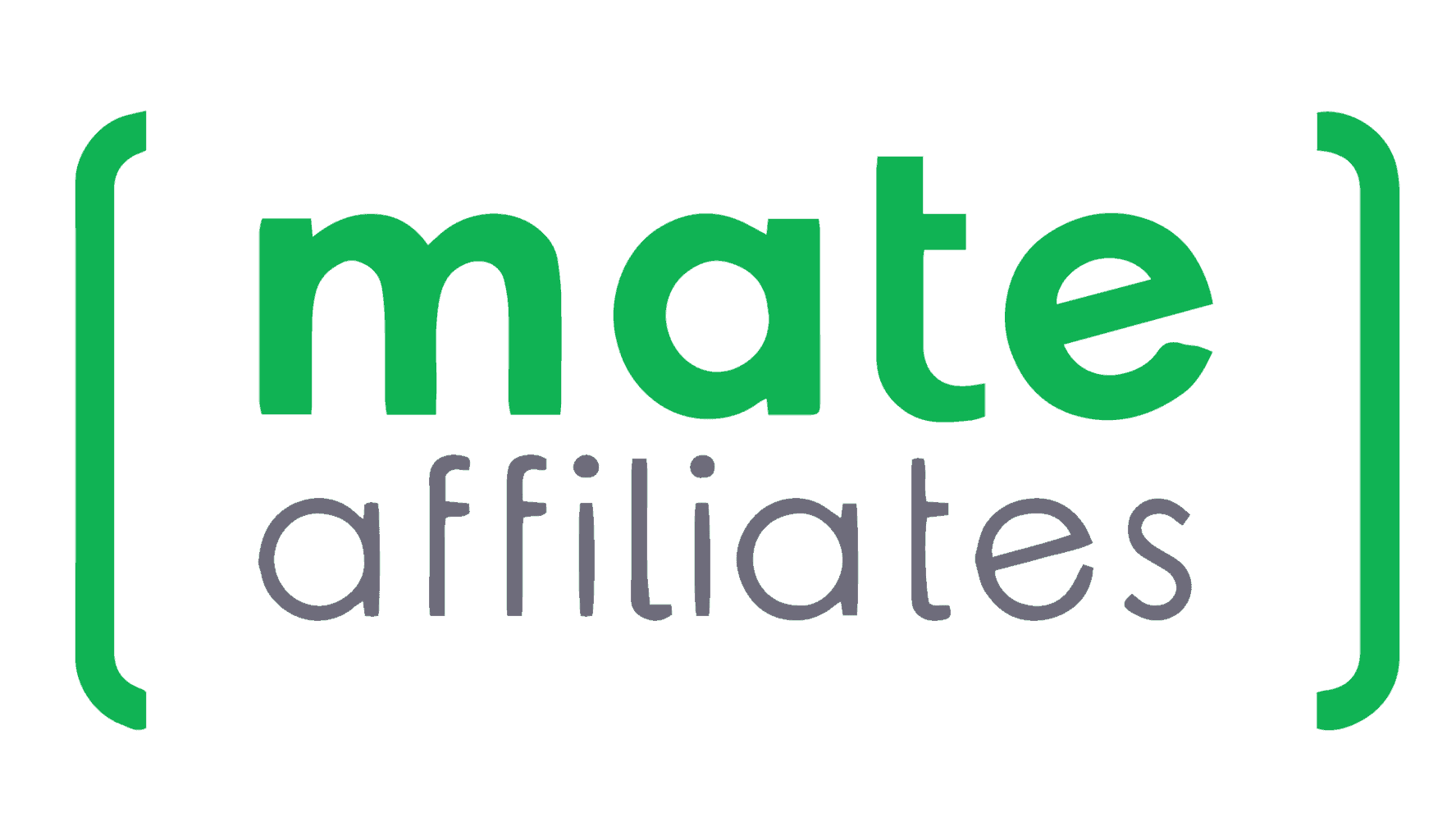The approval of the Dutch Remote Gaming Act offers up “major opportunities for online gaming operators and suppliers”, according to DLA Piper lawyer Giulio Coraggio.
Two and a half years after the original bill was passed through the House of Representatives, the Dutch Senate finally passed the act last week, paving the way for igaming regulation across the Netherlands.
With the aim of addressing the unregulated online gambling market for Dutch bettors, the new legislative framework will be integrated into law through a Royal Decree. As previously stipulated, it will be the operators’ responsibility to ensure that affiliates adhere to the new regulation.
Writing on his Gaming Tech Law blog, Coraggio outlined seven key points relating to the Dutch Remote Gaming Act:
“1. Location of the licence holder
The licence holder must have its principal establishment in any EU or EEA Member State. This obligation can be waived by the Board of Directors of the Dutch Gambling Authority (Kansspelautoriteit, “KSA”), if further conditions are satisfied.
- Type of company of the license holder
The license holder must be a public or a private limited liability company according to the laws of any Member State of the European Economic Area (EEA), or an European limited company.
- Prevention of gambling addiction
The license holder must implement measures to avoid gambling addiction, e.g. by identifying and adequately informing players, monitoring their gaming behaviour, requiring a player profile which sets out the boundaries of that player and intervening where necessary. Where appropriate, operators must report a player with problematic gaming behaviour to the Board of Directors of the KSA for involuntary exclusion from participation in such games.
- Central register
A central register for the exclusion of participants to games of chance will be created. The license holder that may offer remote gambling cannot allow the participation of an individual that has no subscription with the license holder. Furthermore, the license holder cannot allow persons that either
- under 18, or
- that have an entry in the central registry for the exclusion of games of chance, or
- that have indicated (at their own initiative) that they have overstepped the borders of their gambling behavior.
- Access to the electronic means
Operators may be required to record and provide information and must give the supervisory bodies direct access to the electronic means used by them to organize the games.
- Tax regime
A uniform tax rate of 29% applies for all games of chance, i.e. both land based games of chance and remote games of chances.
- Additional requirements
All other regulations on restrictions, provisions, duration and assignability of the remote gambling licenses will be stipulated in the Remote Gaming Decree (RGD), which is currently still in draft version. The RGD will include requirements regarding the reliability of the holder of the license, the UBO’s and decision makers, the requirement to have a representative in The Netherlands to comply with rules regarding the prevention of gambling addiction, and advertising rules. As the draft RGD is a ministerial decree, no further votes will take place and it is expected that the final adoption will shortly take place by the minister.”
Read the full blog post and find out more about the Dutch Remote Gaming Act here.























